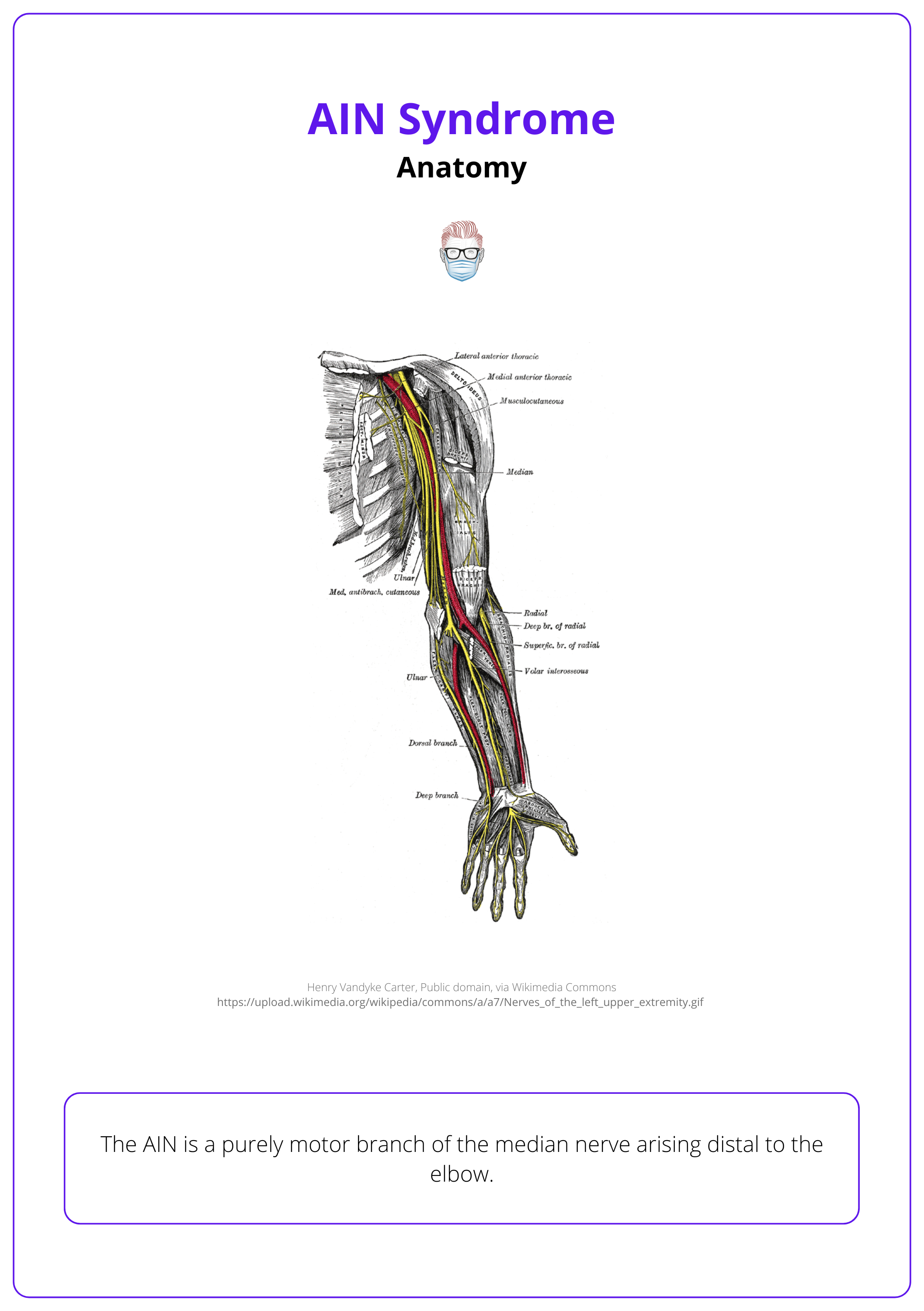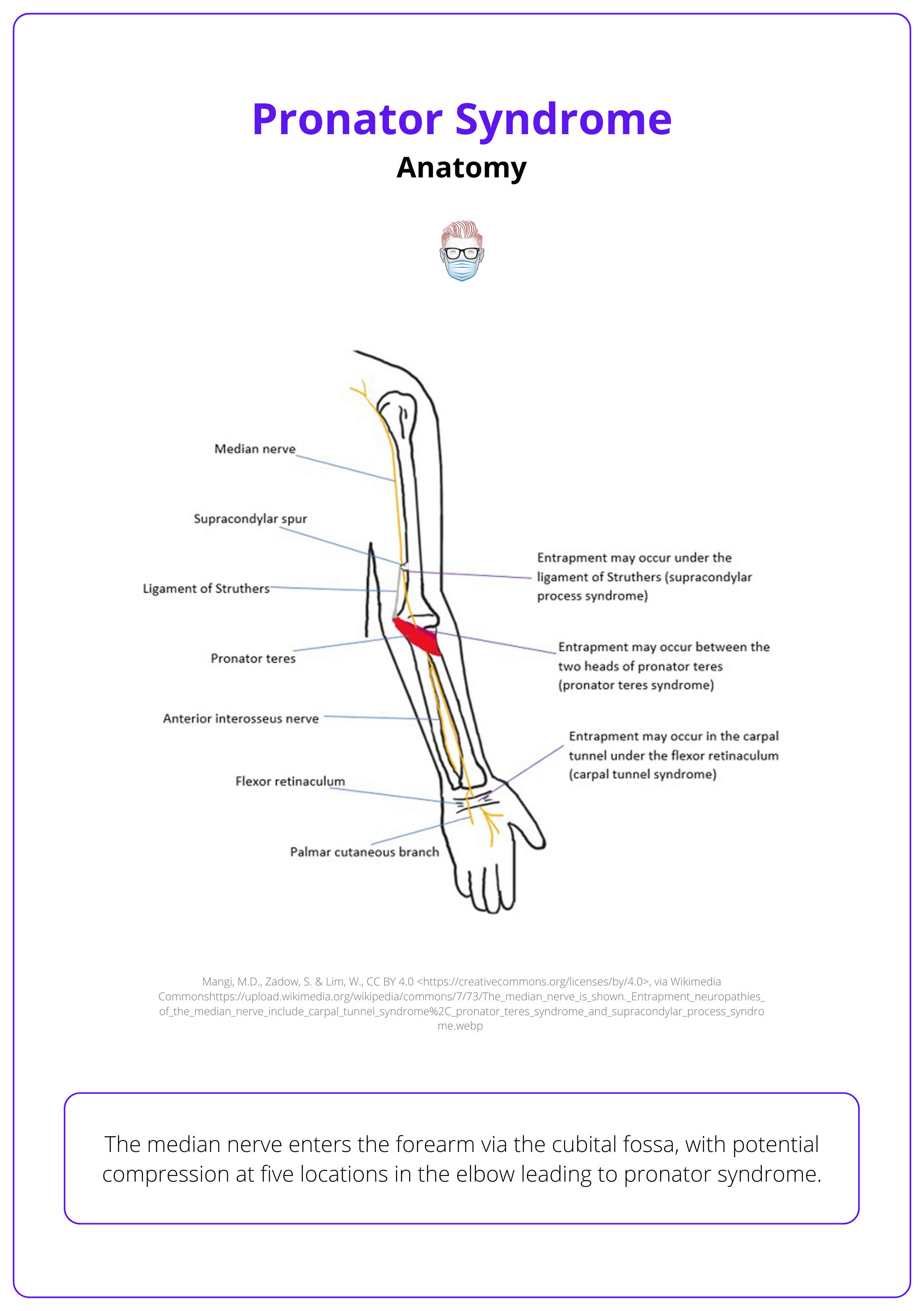In this week's edition
- ✍️ Letter from P'Fella
What makes the ‘best’ surgical loupe? - 🤓 The Sunday Quiz + Leaderboard
How well do you know AIN Syndrome? - 🎙️ Behind the 'Fella Sneak Peaks
Featuring the K-wires debate from our first episode. - 🎓 theFellow's Corner
What's new with the team? - 📖 What Does the Evidence Say?
Nerve graft vs. vein graft for nerve repair. - 🔥 Nerve Injuries Articles of the Week
Managing 'long' nerve gaps, allografts vs. autografts vs. conduits, & treating neuromas; with 1 sentence summaries. - 💕 Feedback
Suggest ideas & give feedback!
A Letter from P'Fella
What is the ‘Best’ Surgical Loupe?
I hope you’re all doing fantastic! Today, I want to chat about something that’s right in our line of sight every day — surgical loupes. Have you ever wondered if there’s such a thing as the "perfect" surgical loupe?
👇
Surgical loupes are like a trusted companion—they need to be just right for each of us. What’s your ideal magnification level? Do you prefer a wide field of view or something more focused? And how about the weight? Do you like them featherlight or a bit more substantial? Lets find out 👇
A Few Consistent Themes
Throughout the years there has always been some consistent "issues" with surgical loupes.
- Price Tag: We all know that high-quality loupes can be quite an investment. One of the future goals of thePlasticsFella is to make resources, like surgical loupes, more accessible to the wider community.
- FOMO: Even if you love your current loupes, do you ever catch yourself thinking they could be just a bit better? Maybe lighter, with clearer lenses, or even more comfortable.
- Sticking to What We Know: Once we’ve found a pair we like, it can be tough to switch. The thought of adjusting to new loupes can be daunting.
Here's a fun Fact, Loupes is just one aspect of thePlasticsFella Logo.
Lots of love,
P'Fella ❤️
tl;dr
👉 Surgical loupes need to fit each surgeon's personal preferences in magnification, field of view, and weight.
👉 High-quality loupes are expensive, and balancing value and affordability is important.
👉 Even your favorite loupes have room for improvement in weight, clarity, and comfort.
👉 Switching to new loupes can be tough because of your familiarity with the current ones.
The Sunday Quiz
New Season is Starting!
Welcome to the next round of The Weekly Quiz.
Each edition of thePlasticsPaper includes a quiz question designed to challenge and engage our readers. Keep your wits about you and join in every week—the winner at the end of six rounds will earn you a $100 voucher.

Behind the ‘Fella
Episode One Sneak Peak!
We're excited for your feedback on "Behind the Fella," Episode 01, now live on Spotify or Apple.
These episodes explore behind-the-scenes of our practice, featuring exclusive insights from team meetings and trending discussions on plastic surgery with our fellows.
Here's a sneak peak from the K-wires debate! 🩹
Tune into the full episode to find out which side won: Should K-wires be buried or left unburied?
the Fellows' Corner
This Week's Release: Nerve Compressions
Our team has been hard at work creating fantastic new content for our community, including fresh articles, clinical cases, and surgical techniques focused on nerve compressions.
Here's an overview of our article on Pronator Syndrome.

Pronator Syndrome
Definition
Rare median nerve compression in the proximal forearm, mostly in middle-aged females.
Anatomy
Median nerve compression at five distinct locations causes pronator syndrome.
Clinical Features
Typically presents with forearm pain, positive Tinel sign at the elbow, and no night symptoms.
Management
Primarily conservative treatment with rest and splinting. Surgical decompression is reserved for cases that fail to resolve with conservative measures.
What Does the Evidence Say?
Nerve Graft vs. Vein Graft for Nerve Repair
Nerve Graft or Vein Graft for Nerve Repair?
A range of studies have explored the use of nerve grafts and vein conduits for nerve repair, with varying outcomes. Katz (2011) and Ahmad (2014) both found positive results for vein grafts, with the latter reporting better sensory and motor recovery compared to isolated nerve grafts. However, Suematsu (1988) found that nerve grafts led to higher re-innervation and shorter delay in myoelectrical response, while Zabbia (2024) found no significant difference in functional recovery between fibrin glue and microsurgical repair. Hasegawa (2003) reported successful outcomes for vascularized nerve grafts in large nerve gaps, and Chiu (1990) found that autogenous vein grafts were effective for small nerve gaps. However, Papalia (2013) found that vein conduits filled with adipose tissue hindered nerve regeneration. Terzis (2010) suggested that vascularized nerve grafts could be beneficial for complex upper extremity nerve reconstruction.
Articles of the Week
3 Interesting Articles with 1 Sentence Summaries.
Strategies for treating long-gap nerve injuries; nerve autografts, processed nerve allografts, nerve transfers, and tendon transfers with pros and cons.
Findings show that autografts and allografts have similar meaningful recovery rates, both superior to conduits for sensory nerve repairs.
The debilitating nature of neuromas, individualized treatment plans, and various surgical and non-surgical approaches to manage and alleviate pain.


